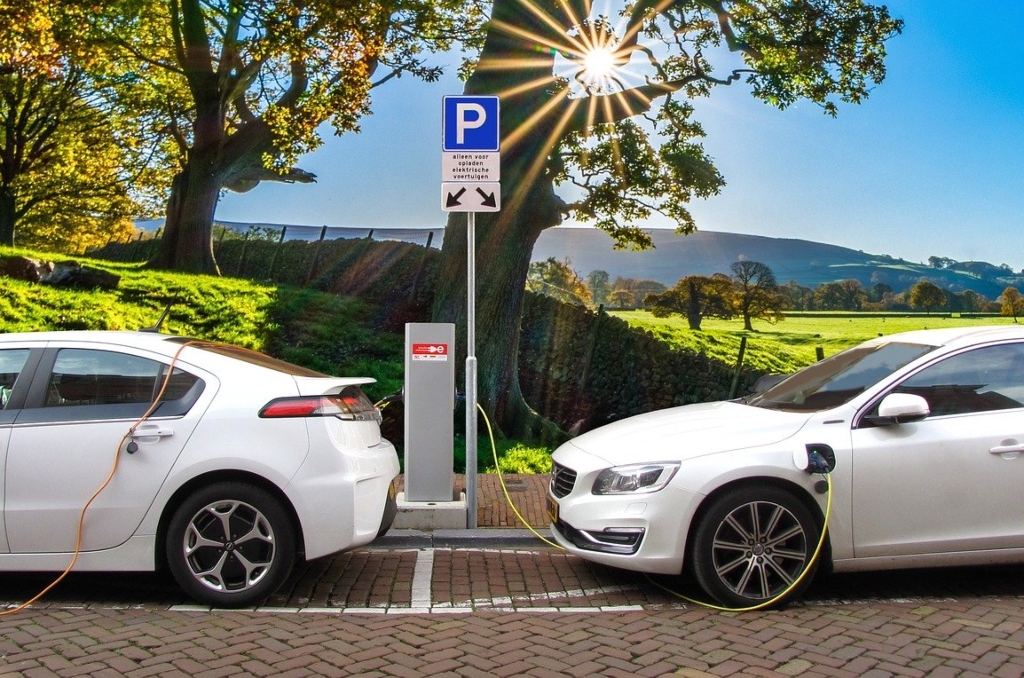Image by (Joenomias) Menno de Jong from Pixabay
A new state law aims to create more electric car charging stations throughout the state of Florida in order to keep up with the demand of electric vehicles (EV), according to an article from Jacksonville Community Television (www.news.wjct.org). The law is sponsored by Republican Senator Tom Lee of Thonotosassa and it requires the Florida Department of Transportation to come up with a plan to add more electric car charging stations along the state’s highway system. The Senate Bill, CS (Committee Substitute)/SB (State Bill) 7018: Essential State Infrastructure, is effective as of July 1, 2020.
Gov. Ron DeSantis signed the landmark electric vehicle roadmap legislation that requires the state to create a master plan for the development of electric vehicle charging infrastructure across Florida. Senate Bill 7018 received broad bipartisan support in the Legislature and was the first bill sent to the Governor’s desk since the start of the COVID-19 pandemic.
The bill would authorize the Florida Department of Transportation “to plan, design and construct staging areas as part of the turnpike system for the intended purpose of staging supplies for prompt provision of assistance to the public in a declared state of emergency; requiring the department to coordinate, develop and recommend a master plan for the development of electric vehicle charging station infrastructure along the State Highway System; providing construction relating to the rights of an owner of land that has been traditionally used for agriculture and is subject to a conservation easement, etc.”
Right now, Florida has more than 4,000 EV charging stations, but those locations are all over the state, creating gaps in coverage for EV drivers, according to Stan Cross with the Southern Alliance for Clean Energy. “The goal in the marketplace is to get the EV charging experience more and more similar to sort of the 5-10 minutes you would spend at a gas station to fill up your car,” Cross said.
Matt Alford, Drive Electric Florida (DEFL)’s Executive Director, believes this legislation is something that is necessary for the future. Alford believes the future is in electric vehicles. The demand for electric vehicles will only increase in the coming years, even after the era of coronavirus. “This legislation is truly an important first step toward more energy, economic, and environmental security in Florida,” he said. “It will help make our state less dependent on imported energy while mitigating the worst impacts of climate change on Florida – which is the most vulnerable state in America to sea level rise caused by climate change. I am thrilled by this opportunity to work with our partners in state government.”
The legislation directs the Florida Department of Transportation to work with the Public Service Commission and Department of Agriculture and Consumer Services Office to develop a master plan for deploying electric vehicle infrastructure along evacuation routes and facilitating everyday travel on Florida’s roads. Together, they are to submit a set of policy recommendations by the end of 2020 and complete the master plan by July 1, 2021.
Florida’s transportation sector represents the state’s single largest contributor to greenhouse gas emissions. Expansion of the state’s charging station infrastructure will pave the way for electric vehicle growth, which can contribute to reduced emissions.

